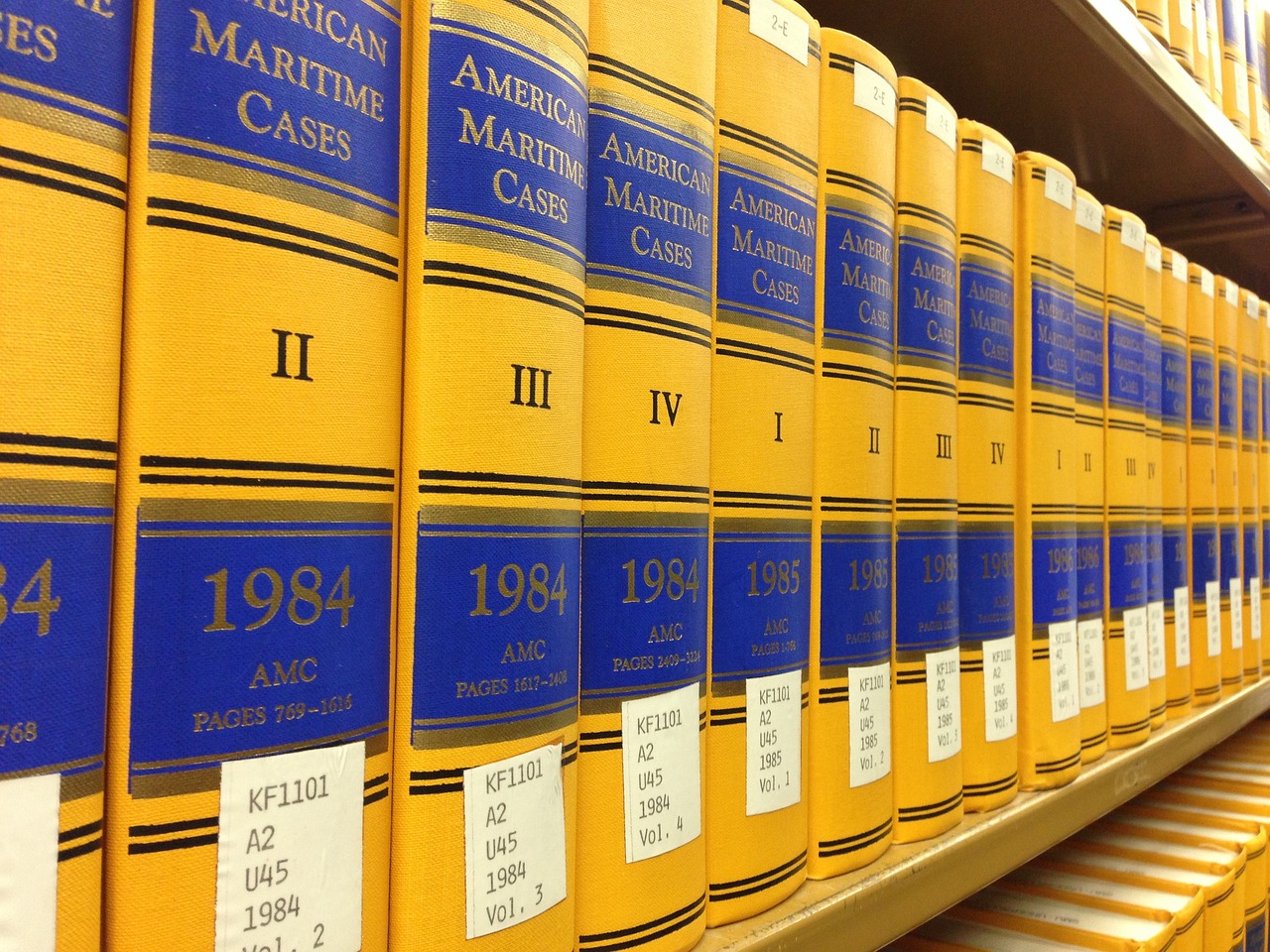Addressing Culturally Responsive Assessment Practices
Culturally responsive assessment practices involve acknowledging the diverse backgrounds and experiences of individuals being evaluated. By considering cultural nuances, values, and norms, assessments can be more holistic and accurate. This means recognizing that one-size-fits-all approaches are not suitable when assessing individuals from different cultural backgrounds.
An essential aspect of culturally responsive assessment is the understanding that cultural identity can influence how individuals communicate, learn, and demonstrate their knowledge. Assessors must be aware of potential biases and stereotypes that can impact the assessment process. By incorporating culturally relevant materials, approaches, and communication styles, assessments can better reflect an individual’s true abilities and potential.
Understanding Cultural Competence in Assessment
Cultural competence in assessment refers to the ability of assessors to understand and effectively account for cultural differences when evaluating individuals. It encompasses the knowledge, skills, and attitudes needed to navigate diverse cultural contexts and ensure that assessments are fair and unbiased. By developing cultural competence, assessors can better recognize and respect the unique backgrounds and experiences of those they assess, thus improving the validity and reliability of the assessment process.
One key aspect of cultural competence in assessment is the recognition of the impact of culture on individuals’ behavior, beliefs, and ways of communicating. Cultural competence requires assessors to approach assessment with an open mind, free from assumptions and stereotypes, and to consider how cultural factors may influence an individual’s performance on assessment tasks. By understanding the cultural nuances that shape an individual’s worldview, assessors can design assessments that are more relevant and sensitive to diverse populations, ultimately leading to more accurate and meaningful results.
• Cultural competence in assessment involves understanding and accounting for cultural differences
• It includes knowledge, skills, and attitudes needed to navigate diverse cultural contexts
• Developing cultural competence improves the validity and reliability of assessments
• Recognizing the impact of culture on behavior, beliefs, and communication is crucial
• Assessors should approach assessments without assumptions or stereotypes
Challenges in Implementing Culturally Responsive Assessment Practices
One of the primary challenges encountered in implementing culturally responsive assessment practices lies in the need for ongoing professional development and training for educators. Many educators may lack the necessary knowledge and skills to effectively incorporate culturally responsive practices into their assessment strategies. Without adequate training, educators may struggle to understand the nuances of cultural differences and how to appropriately modify assessment tools and methods to align with diverse student populations.
Another significant challenge is the potential resistance from stakeholders who may be unfamiliar or uncomfortable with culturally responsive assessment practices. Some educators, administrators, and even parents may not see the value in adapting assessment approaches to cater to diverse cultural backgrounds. Overcoming this resistance requires clear communication, education, and a shift in mindset towards recognizing the importance of inclusive and equitable assessment practices that honor the diversity of students.
What are some key concepts in culturally responsive assessment practices?
Key concepts include understanding and respecting diverse cultural backgrounds, utilizing culturally relevant assessment tools and methods, and acknowledging the impact of culture on learning and behavior.
How can cultural competence be achieved in assessment practices?
Cultural competence in assessment can be achieved by actively seeking to understand different cultural perspectives, being open to feedback and reflection on one’s own biases, and adapting assessment strategies to be more inclusive and relevant to diverse populations.
What are some common challenges in implementing culturally responsive assessment practices?
Some challenges include lack of awareness or training on cultural competence, resistance to change in traditional assessment methods, and difficulty in finding or creating culturally relevant assessment tools. Additional challenges may arise from institutional constraints or biases.







